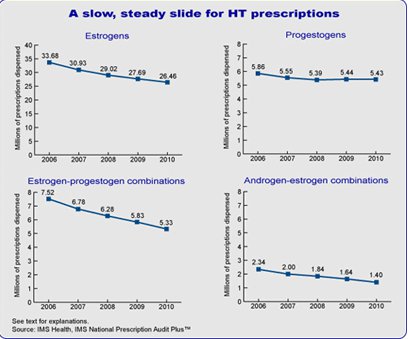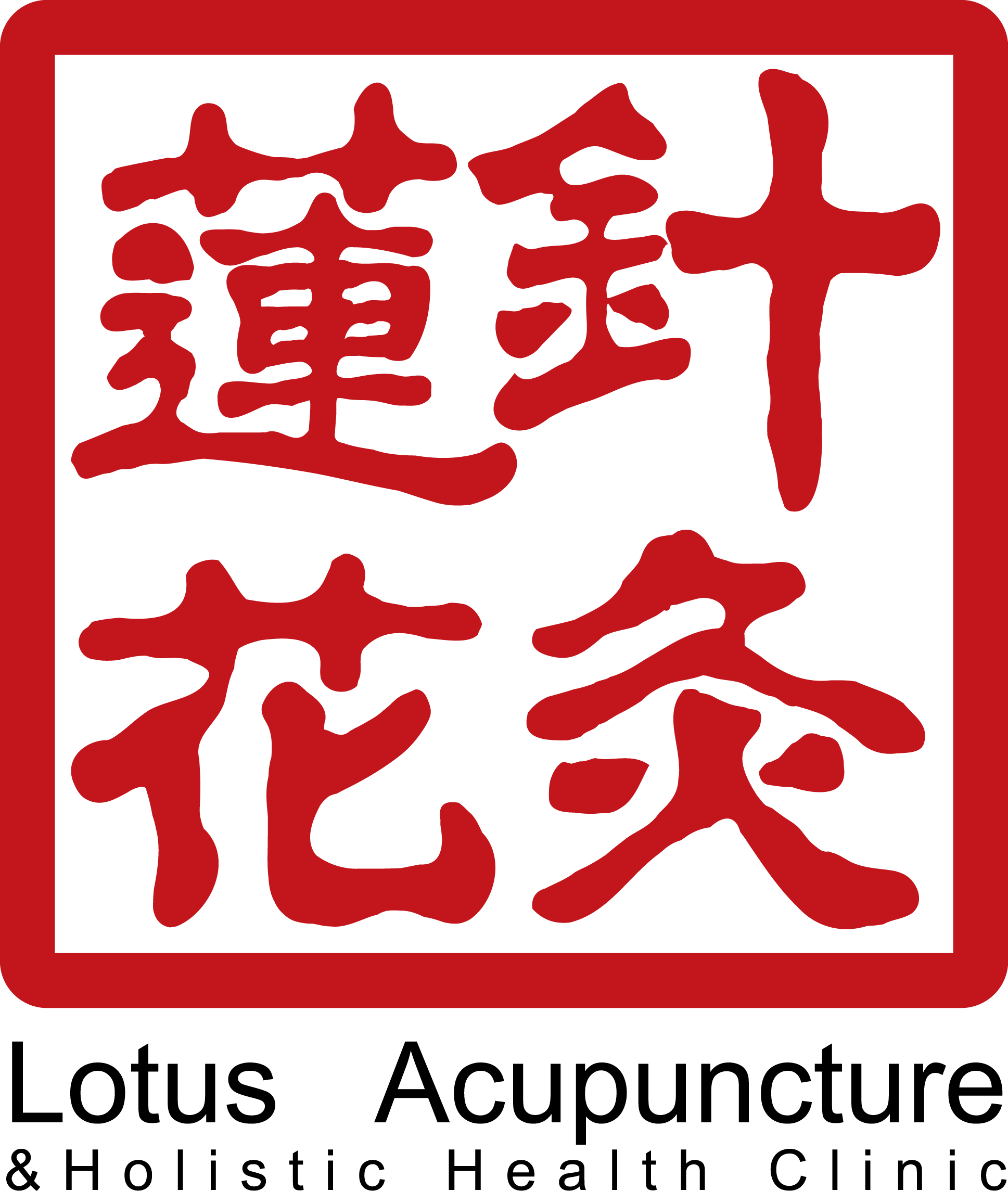 The decision for many menopausal women, whether or not, to use Menopausal Hormone Therapy (MHT), is based on the risk and benefits from using Estrogen and Progesterone therapy. Clinical studies reveal serious health risks associated with hormone therapy that far outweighs the benefits. Research shows that not only are there serious health risk associated with (MHT), but the cost of (MHT) prescriptions is steadily on the rise.
The decision for many menopausal women, whether or not, to use Menopausal Hormone Therapy (MHT), is based on the risk and benefits from using Estrogen and Progesterone therapy. Clinical studies reveal serious health risks associated with hormone therapy that far outweighs the benefits. Research shows that not only are there serious health risk associated with (MHT), but the cost of (MHT) prescriptions is steadily on the rise.
Postmenopausal hormone replacement therapy, otherwise known as Menopausal Hormone Therapy (MHT), involves treatment with either estrogen alone (ERT) or estrogen with progesterone or progestin (HRT). According, to the National Institute of Health (NHI), Estrogen Replacement Therapy and Hormone Replacement Therapy are treatments to relieve common symptoms of menopause and to address long-term biological changes such as bone loss.
There are two types of products available for replacement therapy:
- Natural hormones-whose molecular structures most closely resemble those hormones made by the body
- Synthetic compounds- that have estrogenlike effects in the body but are less similar, on a molecular level, to the body’s own estrogen
NOTE OF IMPORTANCE: Conjugated or Esterfied Estrogen are manufactured from the purified urine of pregnant mares. Premarin is the synthetic estrogen most prescribed for HRT.
As reported by the National Institute of Health, the health risks of Menopause Hormone Therapy are:
- Urinary incontinence
- Heart attack
- Breast cancer
- Lung cancer
- Colorectal cancer
According, to the Women’s Health Initiative (WHI), in 2002 a large randomized, two part clinical trial, consisting of 27,000 healthy women ages 50- 79 years, showed the overall risk of Menopause Hormone Therapy outweighed the benefits. (WHI) reports that, “both trials were stopped early when it was determined that both types of therapy were associated with specific health risk. Also reported, was that Estrogen Therapy (ERT) alone is shown to increase the risk of gall bladder disease, and cancer of the breast, uterus, and liver.
Although, the study showed some benefits from taking estrogen plus progestrin, such as, fewer hip and vertebral fractures and lower risk of colorectal cancer; a follow up study found that neither benefit persisted once the hormone therapy medication was stopped.
The Food and Drug Administration currently advise women to use Menopause Hormone Therapy (MHT) for the shortest time possible and at the lowest dose possible to control menopausal symptoms.
Along with the significant risks associated with Menopause Hormone Therapy, the annual cost of such therapy is on the increase, rising 17% in the past year, despite a decrease in overall use of (MHT). According, to The North American Menopause Association, “prescriptions for menopausal hormone therapy (MHT) in the United States dipped slightly in 2010, continuing a slow but steady downward trend seen over the last several years.” (June 2011). This audit reflects the number of prescriptions filled through pharmacies, including prescription refills.

[1] Graph obtained from the North American Menopause Association website https://mail.google.com/mail/?shva=1#inbox/136eff4143f59930
IMS Health, a healthcare industry information services company that compiles one of the most complete national-level prescription databases in the United States, reports that while the number of (MHT) sales has declined over the last few years, the total wholesale amount, in dollars, has increased over the past few years for estrogen replacement therapy (ERT) and hormone replacement therapy (HRT). The discrepancy between lower (MHT) usage and the rise in wholesale cost totals is the result of product inflation. The result is higher prices at the pharmacy.
The risks for menopausal women using Menopausal Hormone therapy (MHT) is shown to outweigh the benefits. Although, some benefits from combined estrogen and progesterone therapy are reported, studies show that these benefits do not continue once therapy is stopped and do not outweigh the risks. The steadily rising costs associated with (MHT) prescriptions also adds to a growing list of reasons for menopausal women to seek alternative solutions to menopausal problems.
References:
HT Prescriptions: A Continued Slow Decline in 2010 (Except for Vaginal Estrogens ( June,
2011). The North American Menopause Association. Retrieved April 24, 2012, from
https://mail.google.com/mail/?shva=1#inbox/136eff4143f59930
Menopausal Estrogen Therapy Benefits and Risks Vary by Age, WHI Analysis Suggests (April
5, 2011). National Cancer Institute. Retrieved on April 24, 2012, from
http://www.cancer.gov/ncicancerbulletin/040511/page4
Menopausal Hormone therapy and Cancer (April 27, 2012.) The National Cancer Institute.
Retrieved April 24, 2012, from
http://www.cancer.gov/cancertopics/factsheet/Risk/menopausal-hormones




